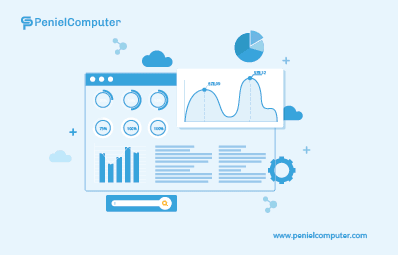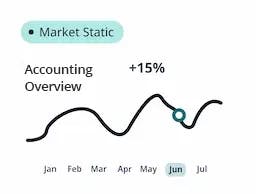
Alex
2025-07-30

Implementing ERPNext for Bahrain enterprises with Bahrain users involves customizing the ERPNext system to meet the specific requirements and regulations of both the United Arab Emirates (UAE) and Bahrain. Here are some key considerations for the implementation:
Contact us?
Localization
Start by localizing the ERPNext system to comply with the accounting standards, tax regulations, and legal requirements of both the UAE and Bahrain. This includes configuring the system to handle local currencies, tax rates, VAT regulations, and financial reporting formats.
Chart of Accounts
Customize the chart of accounts to align with the financial reporting requirements of both countries. This may involve mapping the existing chart of accounts to the standard chart of accounts used in ERPNext or creating a new one specifically tailored to meet the needs of the enterprise.
Tax Configuration
Configure the tax rules and rates for both UAE and Bahrain. This includes setting up the applicable tax types, exemptions, and thresholds for each country. Ensure that the system can generate accurate tax reports and integrate with the respective tax authorities&pos; portals for tax filings.
Multilingual Support
Since Bahrain users will be accessing the system, it is essential to enable multilingual support in ERPNext. Customize the system to allow users to switch between Arabic and English languages based on their preference.
Employee Data and Payroll
Configure the system to comply with labor laws, employment regulations, and payroll requirements in both the UAE and Bahrain. This includes setting up employee data, attendance tracking, leave management, and payroll processing specific to each country.
Localized Forms and Reports
Customize the system to generate localized forms, invoices, purchase orders, and other documents required by the authorities in both countries. Ensure that the formats and content meet the specific regulations and legal requirements of UAE and Bahrain.
User Access and Permissions
Define user roles and access permissions based on the organizational structure and user requirements of the UAE enterprise and Bahrain users. Restrict access to sensitive data based on roles and ensure data privacy and security.
Integration with Local Systems
If the UAE enterprise has existing systems or applications used by its Bahrain users, consider integrating ERPNext with those systems to streamline data flow and avoid duplication of efforts. This may involve integrating with local HR systems, banking systems, or other relevant software.
Training and Support
Provide comprehensive training to the users, including Bahrain users, to ensure they are proficient in using ERPNext. Offer ongoing support to address any system-related issues, provide guidance, and assist with user adoption.
Compliance and Updates
Stay updated with the evolving regulations, tax laws, and other requirements of both UAE and Bahrain. Regularly update and maintain the ERPNext system to incorporate any changes and ensure continued compliance.
It is crucial to engage with experienced ERP consultants or implementation partners who have expertise in ERPNext and are familiar with the specific requirements of both UAE and Bahrain to ensure a successful implementation.
Latest News
From Our blog and Event fanpage




